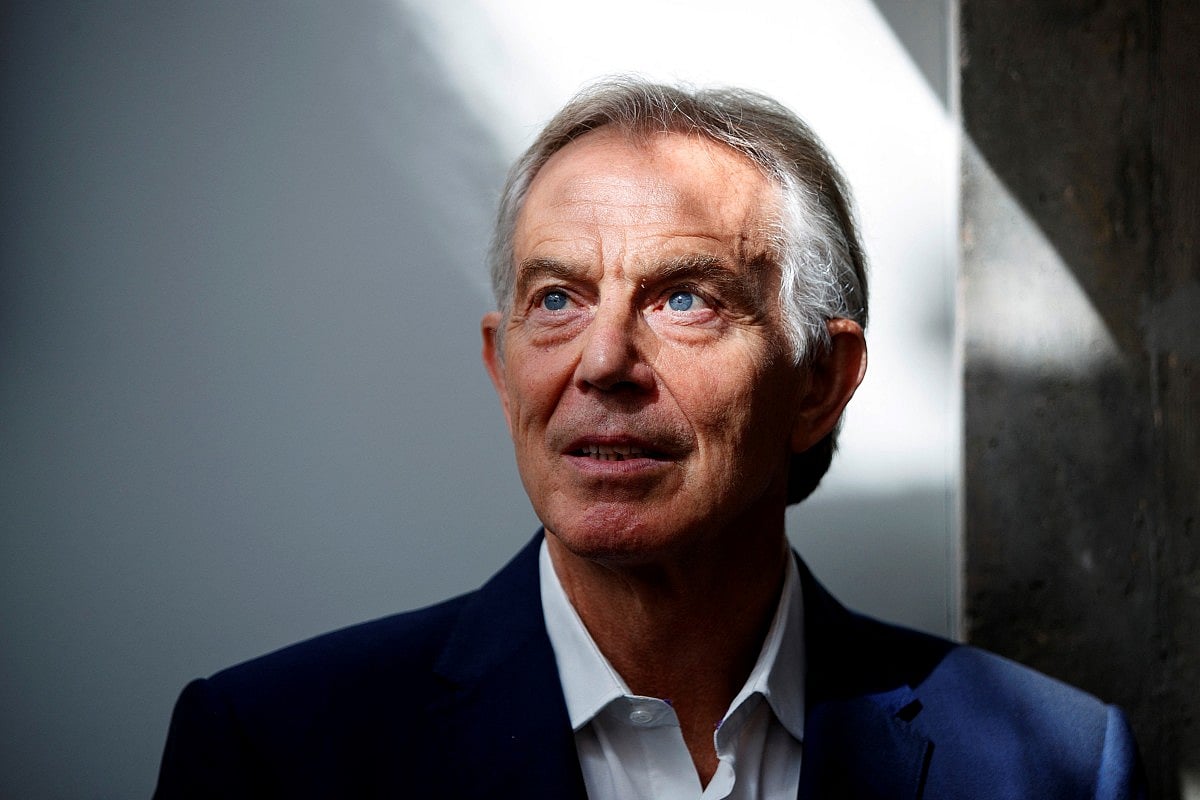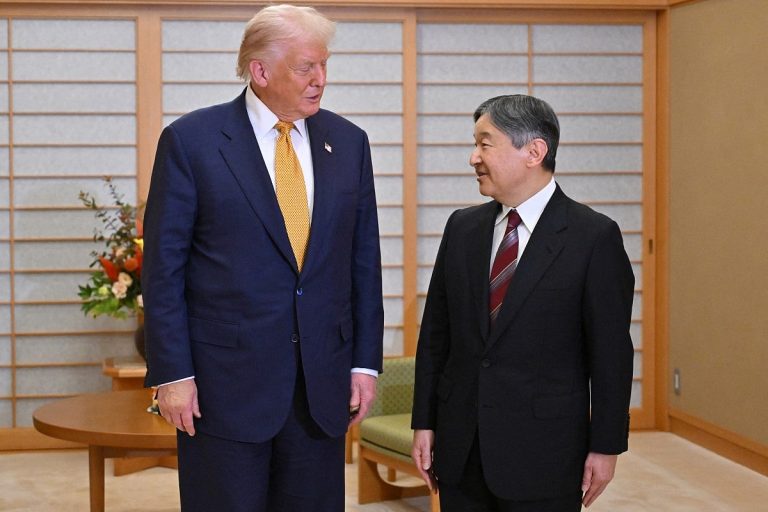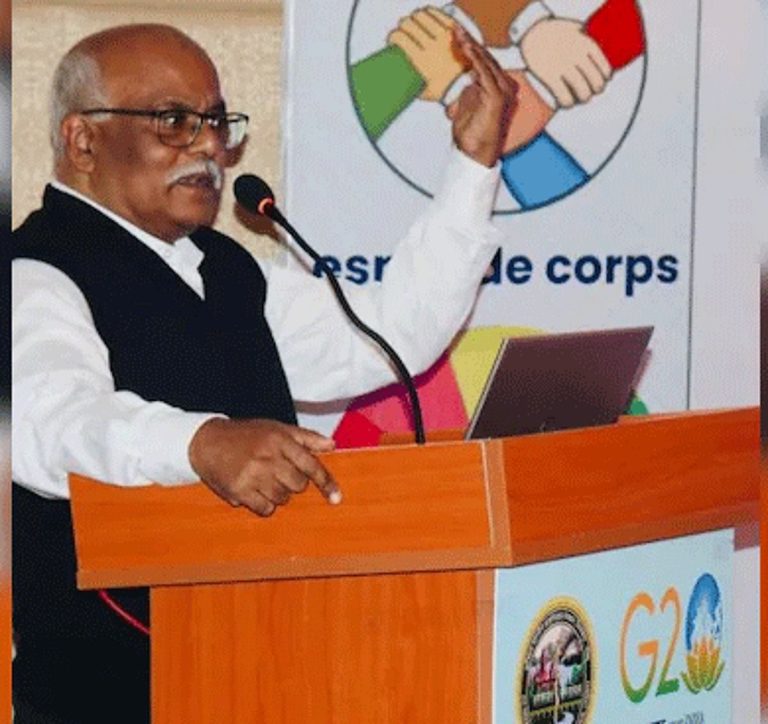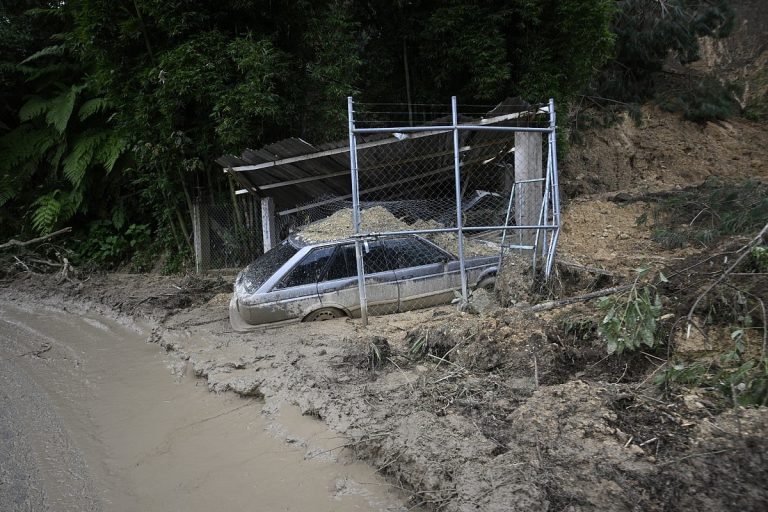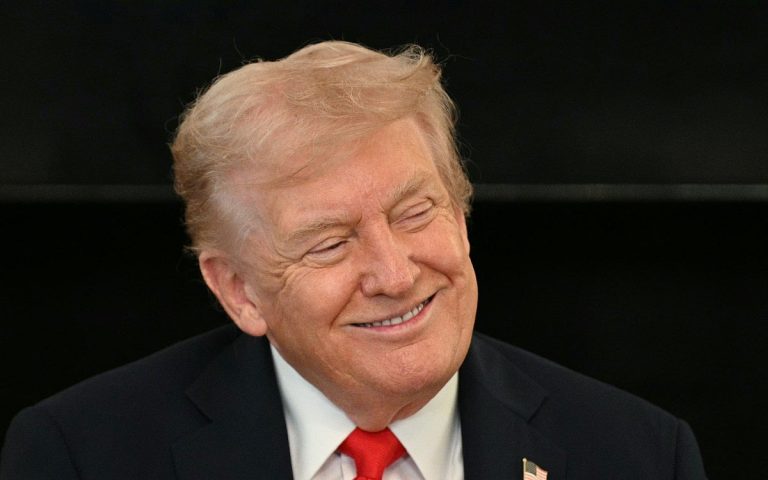Tony Blair’s New Role in Gaza: Opportunities and Challenges
Former British Prime Minister Tony Blair is once again in the spotlight as he steps into a pivotal role aimed at addressing the ongoing conflict in Gaza. With a controversial legacy in the Middle East, Blair’s involvement raises questions about his ability to replicate past successes, particularly in Kosovo, where he is celebrated as a hero for his efforts to end the war in the late 1990s.
Blair’s Legacy in Kosovo
Blair’s reputation in Kosovo is largely positive, stemming from his leadership during the 1999 NATO airstrikes that helped end the violent crackdown on ethnic Albanians by Yugoslav President Slobodan Milosevic. Alongside then-U.S. President Bill Clinton, Blair played a crucial role in forming an international coalition that intervened to protect civilians and restore peace. The aftermath of the conflict saw Blair’s popularity soar, leading to the emergence of names like “Tonibler” among newborns, a phonetic tribute to the former prime minister.
For many Kosovars, Blair symbolizes hope and freedom. Tonibler Gashi, a 24-year-old medical student named after Blair, expressed pride in his name, stating that it represents gratitude for the man who played a significant role in their nation’s history. “Without him, we wouldn’t be here talking Albanian in Kosovo,” he remarked.
The Gaza Initiative
Blair’s current mission involves leading a proposed “Board of Peace” as part of a U.S.-backed plan for Gaza. This transitional authority, which would be chaired by former President Donald Trump, aims to govern the Palestinian territory with a combination of international experts, technocrats, U.N. officials, and Palestinian representatives. The board’s responsibilities would include overseeing reconstruction, security, humanitarian relief, and establishing a framework for more permanent governance.
However, Blair’s controversial past, particularly his support for the Iraq War, has drawn criticism from various quarters, including Palestinians, Arab states, and international legal scholars. Concerns have been raised about the potential undermining of Palestinian sovereignty and agency, with many fearing that the transitional authority could sideline local governance.
Recent Developments
In a significant development, Israel and Hamas recently agreed to a pause in their ongoing conflict, marking a potential turning point in the situation. This ceasefire includes the release of hostages in exchange for Palestinian prisoners, creating a window of opportunity for renewed peace efforts.
Blair’s experience in the Middle East is extensive; he served as the envoy for the Mideast Quartet for eight years, working to foster peace between Israel and the Palestinians before stepping down in 2015. His resignation was seen as indicative of the stagnation in peace efforts, particularly under the leadership of Israeli Prime Minister Benjamin Netanyahu.
Kosovo’s Perspective on Blair’s Role
In Kosovo, Blair’s contributions to post-war reconstruction and institution-building are widely acknowledged. The United Nations Mission in Kosovo (UNMIK), initially led by French diplomat Bernard Kouchner, governed the region until its declaration of independence in 2008. While the U.S. and most Western nations recognize Kosovo’s independence, Serbia and its allies, including Russia and China, do not.
Many Kosovars express cautious optimism that Blair’s experience could benefit Gaza. Gashi, the medical student, hopes Blair will approach the humanitarian crisis in Gaza with the same respect he showed for Kosovo. Bashkim Fazliu, from the We Remember Tony Blair Foundation, emphasized the importance of Blair’s leadership in Kosovo, stating, “Without him, we would simply disappear.”
The Challenges Ahead
Despite the admiration he receives in Kosovo, Blair remains a polarizing figure in the Arab world. Skepticism about his leadership in Gaza is prevalent, with concerns that external intervention could be perceived as paternalistic and undermine Palestinian self-determination. Vlora Citaku, a former diplomat, believes Blair possesses the courage and empathy necessary for effective leadership in this complex environment.
Kosovar politician Veton Surroi, who participated in the 1999 peace talks, suggested that Blair’s role in Gaza should mirror that of Kouchner in Kosovo, focusing on building relationships within the society to foster responsibility and self-governance. “I wish that Tony Blair had the same depth and commitment in Gaza as he has had in Kosovo,” Surroi remarked.
FAQs
What is the “Board of Peace” in Gaza?
The “Board of Peace” is a proposed transitional authority that aims to govern Gaza, combining international experts, U.N. officials, and Palestinian representatives to oversee reconstruction and humanitarian efforts.
Why is Tony Blair a controversial figure in the Middle East?
Blair’s controversial past, particularly his support for the Iraq War, has led to skepticism about his leadership in the region, with concerns that it may undermine Palestinian sovereignty and self-determination.
How is Blair viewed in Kosovo?
In Kosovo, Blair is revered for his role in ending the war and supporting post-war reconstruction. Many Kosovars express gratitude for his contributions, viewing him as a symbol of hope and freedom.
Conclusion
Tony Blair’s involvement in Gaza presents both opportunities and challenges. While his experience in Kosovo offers a framework for potential success, the complexities of the Gaza situation and his controversial past raise significant questions. As efforts to establish the “Board of Peace” unfold, the international community will be watching closely to see if Blair can navigate these challenges and foster a lasting resolution.
Also Read:
Trump Announces Upcoming Middle East Visit Amid Gaza Peace Negotiations

